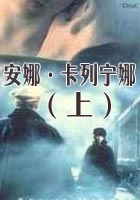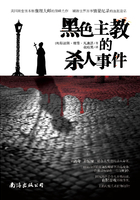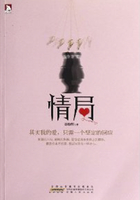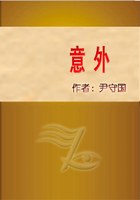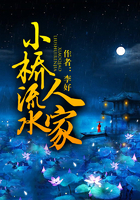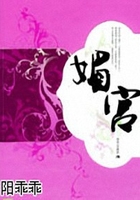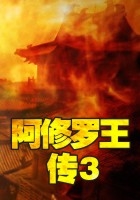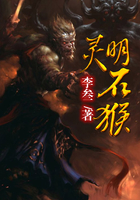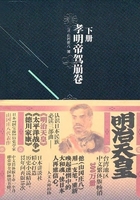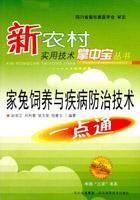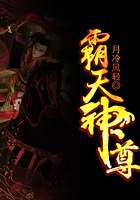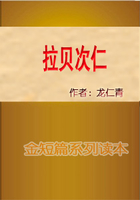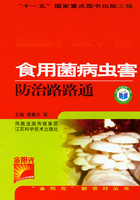When they reached the old man’s shack the boy took the rolls of line in the basket and the harpoon and gaff and the old man carried the mast with the furled sail on his shoulder.
“Do you want coffee?” the boy asked.
“We’ll put the gear in the boat and then get some.”
They had coffee from condensed milk cans at an early morning placed that served fishermen.
“How did you sleep old man?” the boy asked. He was waking up now although it was still hard for him to leave his sleep.
“Very well, Manolin,” the old man said. “I feel confident today.”
“So do I,” the boy said. “Now I must get your sardines and mine and your fresh baits. He brings our gear himself. He never wants anyone to carry anything.”
“We’re different,” the old man said. “I let you carry things when you were five years old.”
“I know it,” the boy said. “I’ll be right back. Have another coffee. We have credit here.”
He walked off, bare-footed on the coral rocks, to the ice house where the baits were stored.
The old man drank his coffee slowly. It was all he would have all day and he knew that he should take it. For a long time now eating had bored him and he never carried a lunch. He had a bottle of water in the bow of the skiff and that was all he needed for the day.
The boy was back now with the sardines and the two baits wrapped in a newspaper and they went down the trail to the skiff, feeling the pebbled sand under their feet, and lifted the skiff and slid her into the water.
“Good luck old man.”
“Good luck,” the old man said. He fitted the rope lashings of the oars onto the thole pins and, leaning forward against the thrust of the blades in the water, he began to row out of the harbour in the dark. There were other boats from the other beaches going out to sea and the old man heard the dip and push of their oars even though he could not see them now the moon was below the hills.
Sometimes someone would speak in a boat. But most of the boats were silent except for the dip of the oars. They spread apart after they were out of the mouth of the harbour and each one headed for the part of the ocean where he hoped to find fish. The old man knew he was going far out and he left the smell of the land behind and rowed out into the clean early morning smell of the ocean. He saw the phosphorescence of the Gulf weed in the water as he rowed over the part of the ocean that the fishermen called the great well because there was a sudden deep of seven hundred fathoms where all sorts of fish congregated because of the swirl the current made against the steep walls of the floor of the ocean. Here there were concentrations of shrimp and bait fish and sometimes schools of squid in the deepest holes and these rose close to the surface at night where all the wandering fish fed on them.
In the dark the old man could feel the morning coming and as he rowed he heard the trembling sound as flying fish left the water and the hissing that their stiff set wings made as they soared away in the darkness. He was very fond of flying fish as they were his principal friends on the ocean. He was sorry for the birds, especially the small delicate dark terns that were always flying and looking and almost never finding, and he thought, the birds have a harder life than we do except for the robber birds and the heavy strong ones. Why did they make birds so delicate and fine as those sea swallows when the ocean can be so cruel? She is kind and very beautiful. But she can be so cruel and it comes so suddenly and such birds that fly, dipping and hunting, with their small sad voices are made too delicately for the sea.
He always thought of the sea as la mar which is what people call her in Spanish when they love her. Sometimes those who love her say bad things of her but they are always said as though she were a woman. Some of the younger fishermen, those who used buoys as floats for their lines and had motorboats, bought when the shark livers had brought much money, spoke of her as el mar which is masculine. They spoke of her as a contestant or a place or even an enemy. But the old man always thought of her as feminine and as something that gave or withheld great favours, and if she did wild or wicked things it was because she could not help them. The moon affects her as it does a woman, he thought.
He was rowing steadily and it was no effort for him since he kept well within his speed and the surface of the ocean was flat except for the occasional swirls of the current. He was letting the current do a third of the work and as it started to be light he saw he was already further out than he had hoped to be at this hour.
I worked the deep wells for a week and did nothing, he thought. Today I’ll work out where the schools of bonito and albacore are and maybe there will be a big one with them.
Before it was really light he had his baits out and was drifting with the current. One bait was down forty fathoms. The second was at seventy-five and the third and fourth were down in the blue water at one hundred and one hundred and twenty-five fathoms. Each bait hung head down with the shank of the hook inside the bait fish, tied and sewed solid and all the projecting part of the hook, the curve and the point, was covered with fresh sardines. Each sardine was hooked through both eyes so that they made a half-garland on the projecting steel. There was no part of the hook that a great fish could feel which was not sweet smelling and good tasting.

